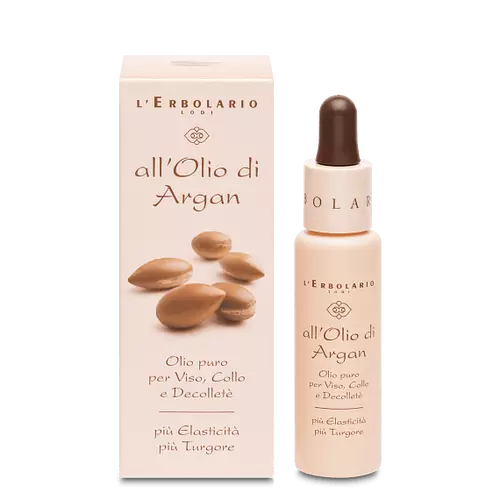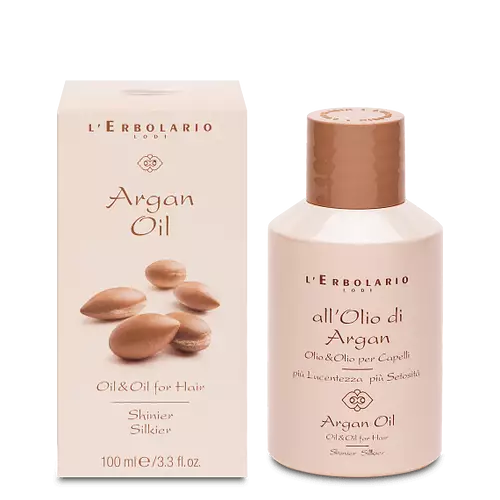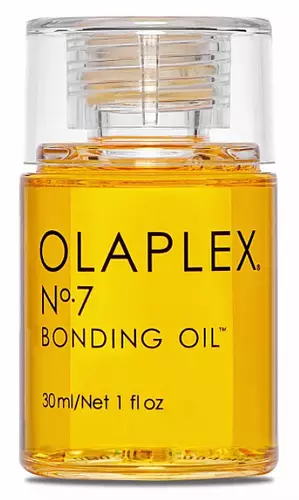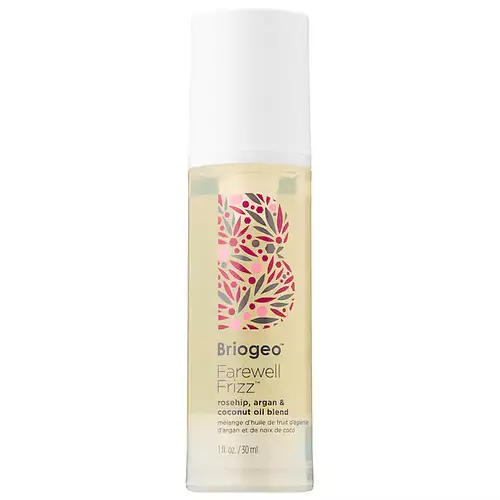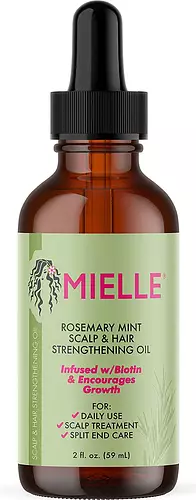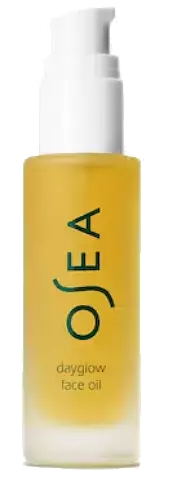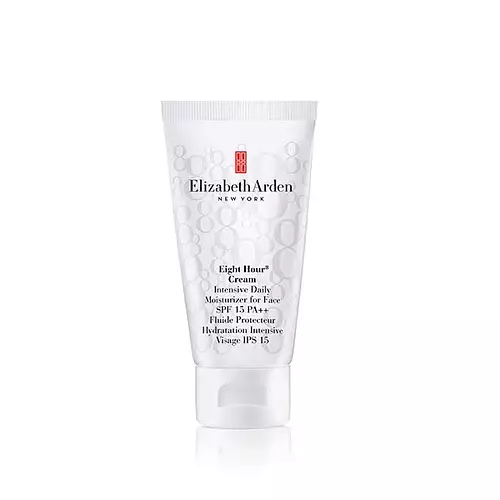Overview
What they are
These products are both vegan, cruelty-free, and reef safe . They have a total of 3 ingredients in common
Cool Features
They both contain Vitamin E
Suited For
They're both likely to be good for anti aging, dry skin, brightening skin and scar healing
Free From
They both do not contain any harsh alcohols, common allergens, parabens, silicones or sulfates
What's Inside
They both contain oils
We independently verify ingredients, and our claims are backed by peer-reviewed research. Spot a product that needs an update? Let us know.
Ingredient Info
L'Erbolario Argan Oil Pure Oil for Face, Neck and Low Neckline 4 ingredients
L'Erbolario Argan Oil Oil&Oil for Hair 7 ingredients
At a glance
Click on any of the items below to learn more
L'Erbolario Argan Oil Pure Oil for Face, Neck and Low Neckline 4 ingredients
L'Erbolario Argan Oil Oil&Oil for Hair 7 ingredients
Notable Ingredients
This product contains 1 ingredient that may have this attribute:
Benefits
This product contains 2 ingredients that may have this attribute:
This product contains 1 ingredient that may have this attribute:
This product contains 1 ingredient that may have this attribute:
This product contains 1 ingredient that may have this attribute:
Concerns
This product contains 1 ingredient that may have this attribute:
Notable Ingredients
This product contains 2 ingredients that may have this attribute:
Benefits
This product contains 2 ingredients that may have this attribute:
This product contains 1 ingredient that may have this attribute:
This product contains 1 ingredient that may have this attribute:
This product contains 2 ingredients that may have this attribute:
Concerns
This product contains 1 ingredient that may have this attribute:
This product contains 1 ingredient that may have this attribute:
This product contains 1 ingredient that may have this attribute:
Ingredients Side-by-side
Ingredients Explained
These ingredients are found in both products.
Ingredients higher up in an ingredient list are typically present in a larger amount.
Argania Spinosa Kernel Oil is derived from the kernels of the argania spinosa tree. You may know it as argan oil.
Argan Oil is an antioxidant, hydrating, and soothing ingredient.
Studies have shown argan oil can help fight again radical damage from the sun. This makes it effective at preventing hyperpigmentation.
Large amounts of vitamin E found in argan oil helps the skin retain water. Argan oil also contains fatty acids such as linoleic acid, oleic acid, and palmitic acid. It is also a good source of lipids.
Another benefit of argan oil is skin-soothing. It can help reduce inflammation-related skin symptoms.
Argan Oil is effective at regulating sebum production in pores. This can make it effective at treating hormonal acne.
Traditionally, argan oil was used for its antibacterial and antifungal properties. However, argan oil contains fatty acids that may make it not fungal-acne safe.
Argan Trees are native to Morocco.
Learn more about Argania Spinosa Kernel OilTocopherol (also known as Vitamin E) is a common antioxidant used to help protect the skin from free-radicals and strengthen the skin barrier. It's also fat soluble - this means our skin is great at absorbing it.
Vitamin E also helps keep your natural skin lipids healthy. Your lipid skin barrier naturally consists of lipids, ceramides, and fatty acids. Vitamin E offers extra protection for your skin’s lipid barrier, keeping your skin healthy and nourished.
Another benefit is a bit of UV protection. Vitamin E helps reduce the damage caused by UVB rays. (It should not replace your sunscreen). Combining it with Vitamin C can decrease sunburned cells and hyperpigmentation after UV exposure.
You might have noticed Vitamin E + C often paired together. This is because it is great at stabilizing Vitamin C. Using the two together helps increase the effectiveness of both ingredients.
There are often claims that Vitamin E can reduce/prevent scarring, but these claims haven't been confirmed by scientific research.
Learn more about TocopherolRosmarinus Officinalis Leaf Extract comes from rosemary. Rosemary is native to the Mediterranean.
While Rosmarinus Officinalis Leaf Oil can be volatile due to its fragrant properties, this component is usually removed in the leaf extract.
Rosemary Leaf Extract can help protect your skin against damage from free-radical molecules. It contains many antioxidants such as rosmarinic acid and caffeic acid. Rosemarinic acid has been found to help soothe skin conditions such as eczema and acne.
Learn more about Rosmarinus Officinalis Leaf ExtractIngredient Ratings
Here's what our community thinks of the ingredients in these two products.
